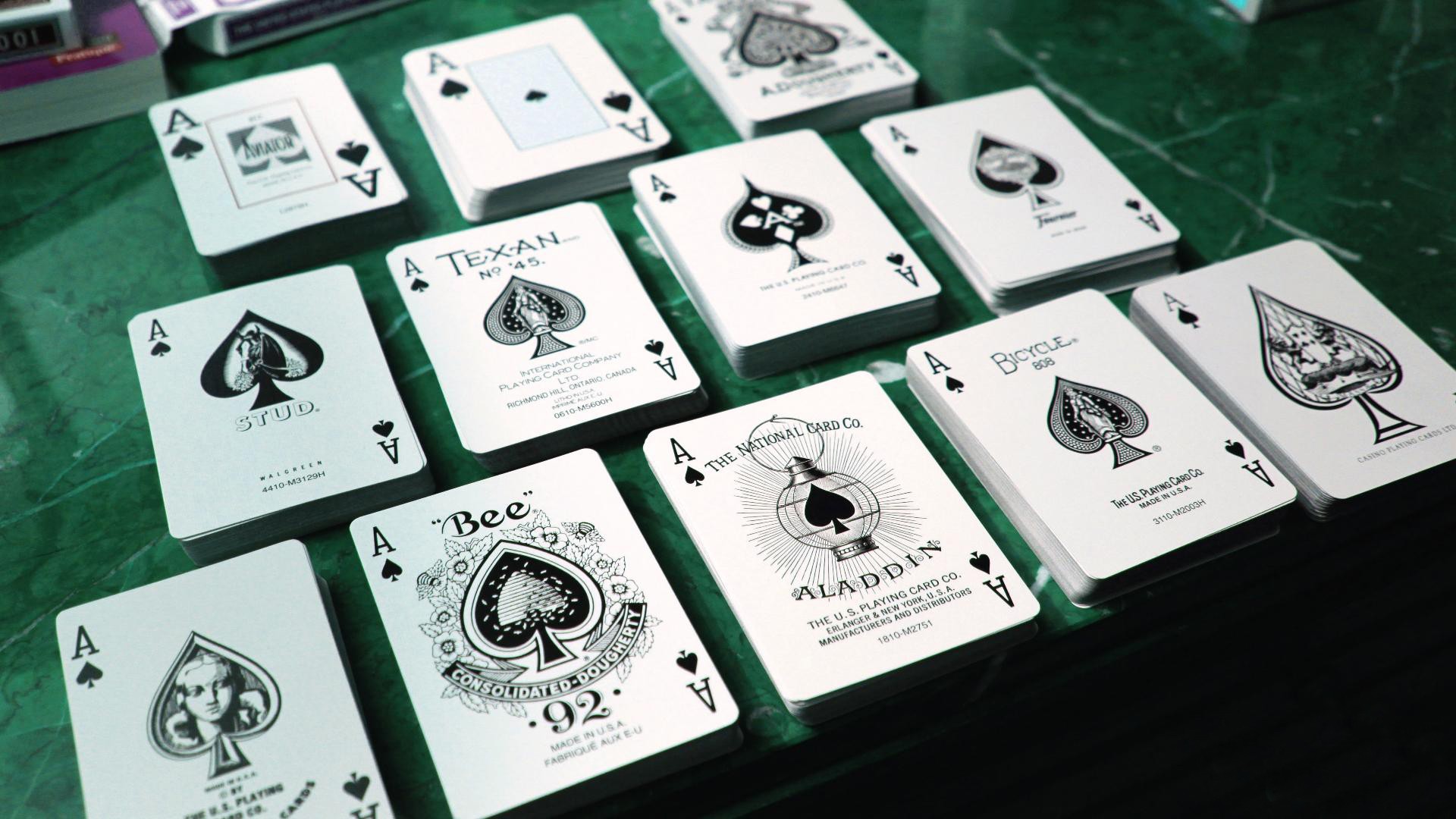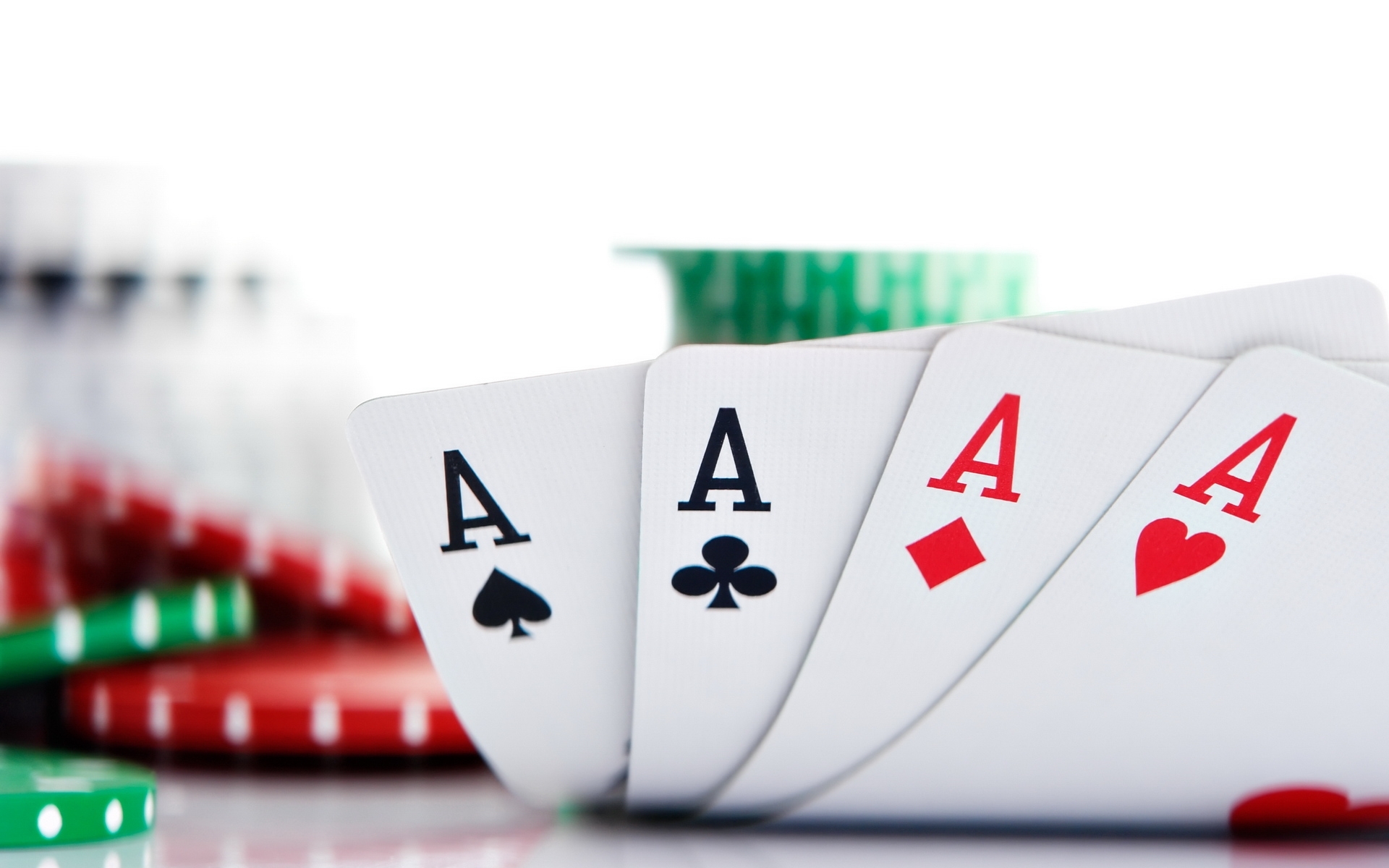Like dancing the way we did as teenagers, playing Ace-rag is something we like to think we’ve grown out of.
Only the newbies go starry-eyed at the sight of a single bullet, we tell ourselves, as we revel in our maturity at laying down A5o. Let others go to war with a naked ace: we will bide our time and reap the harvest of the wise.

Well, let’s not get too pompous here, shall we? The more advanced our poker standard becomes, the more the company we keep dictates that waiting for rock-solid starting hands will render us predictable and therefore vulnerable.
So the more we must look to mix it up, which turns the kind of Ace-rag hands we’re supposed to avoid like the plague into ideal opportunities to throw our opponents off the scent. And you’d rather do it with A5o than 72o, right?
If there’s a difference between playing such hands now and the way you used to, it’s circumspection. You’re no longer gung-ho with Ace-rag; you’re probing, gently trying to find out if that penknife the dealer has dealt you is still the biggest weapon in the hand. And at low-limit tables (my own game is $5 S Gs;) these are your clues:

- If pre-flop was a limp-fest then anyone else holding a single ace may not have much in support either. Ace-rag is a notorious limper at low-limit. AT and better tend to be where the raises start.
- This low-limit love affair with Ace-rag means that you’re likely to have company in bidding for the pot when another ace flops. Ironically, you may be in a stronger position holding top-pair/mediocre kicker if the pair in question is something like nines or eights, as even the more intellectually-challenged player is likely to fold pre-flop if all he has is an eight or nine.
- If you’re willing to represent looseness by pressing with Ax occasionally, then bolster your position a little by at least waiting until they’re suited. Suited aces are only 3% better off than unsuited, however. If it’s a flush you’re after, you’re looking for a decent plot that’s padded out by callers rather than raisers, as this is more likely to give you the pot odds needed to justify making a call yourself and staying in the hand.
- Waiting until you have late position also improves your chances of prevailing with that Ax you’re holding. If everyone calls or folds to you, you could win the hand there and then with a raise that’s small enough to walk away from if someone re-raises, yet large enough to represent more than just a vulgar steal attempt. Such a raise also helps you establish more clearly where you are in the hand and with ace-rag, that’s essential.
- Remember, you’re past the stage where merely pairing your ace on the flop has you ordering cigars. As John Vorhaus has pointed out, losing to big aces is what little aces do better than anything. The more sophisticated you are, therefore, looking for something better than a pair when the first three community cards fall – trips or at least a flush or straight draw.
- If your stack is big enough to absorb this bluff should it go wrong, mix your game up even more post-flop by betting significantly upon pairing your ace, even if you’re one of the first to act and have a poor kicker. If your opponents are smart enough to know that this represents strength, coming from an early position, they might throw away their A7’s or A8’s to your A3. If you’re perceived as a tight player, this ruse (which must be used very sparingly) takes advantage of your table image, although it’s wasted if everyone else at the table has all his work cut out playing his cards, never mind playing his opponents.
- If your luck’s in and you flop two pair – which happens once every 50 hands-on average – don’t slow-play it (unless you’re so short-stacked in a tournament that you’re prepared to take a chance to wring as many chips as possible from your opponents). If a high card comes on the turn or river, your aces and sevens could be toast.
- The top pair/mediocre kicker is not a very strong hand by the river. If you’re still getting heat from an opponent at this stage, you need to think seriously about folding, or you face being embarrassed by a better kicker, two pair or a set.
- Don’t just watch how you play ace-junk: watch how your opponents play it, too. If you’re facing a group who think nothing of calling pre-flop raises with A4s, then your decision to play A9o suddenly has more mileage to it.
- Practice as much as you can. This is the best and the easiest way to improve your game. There are several online platforms where you can play poker online along with other popular card games. As you become a master of the game you get to play with some of the best players.





